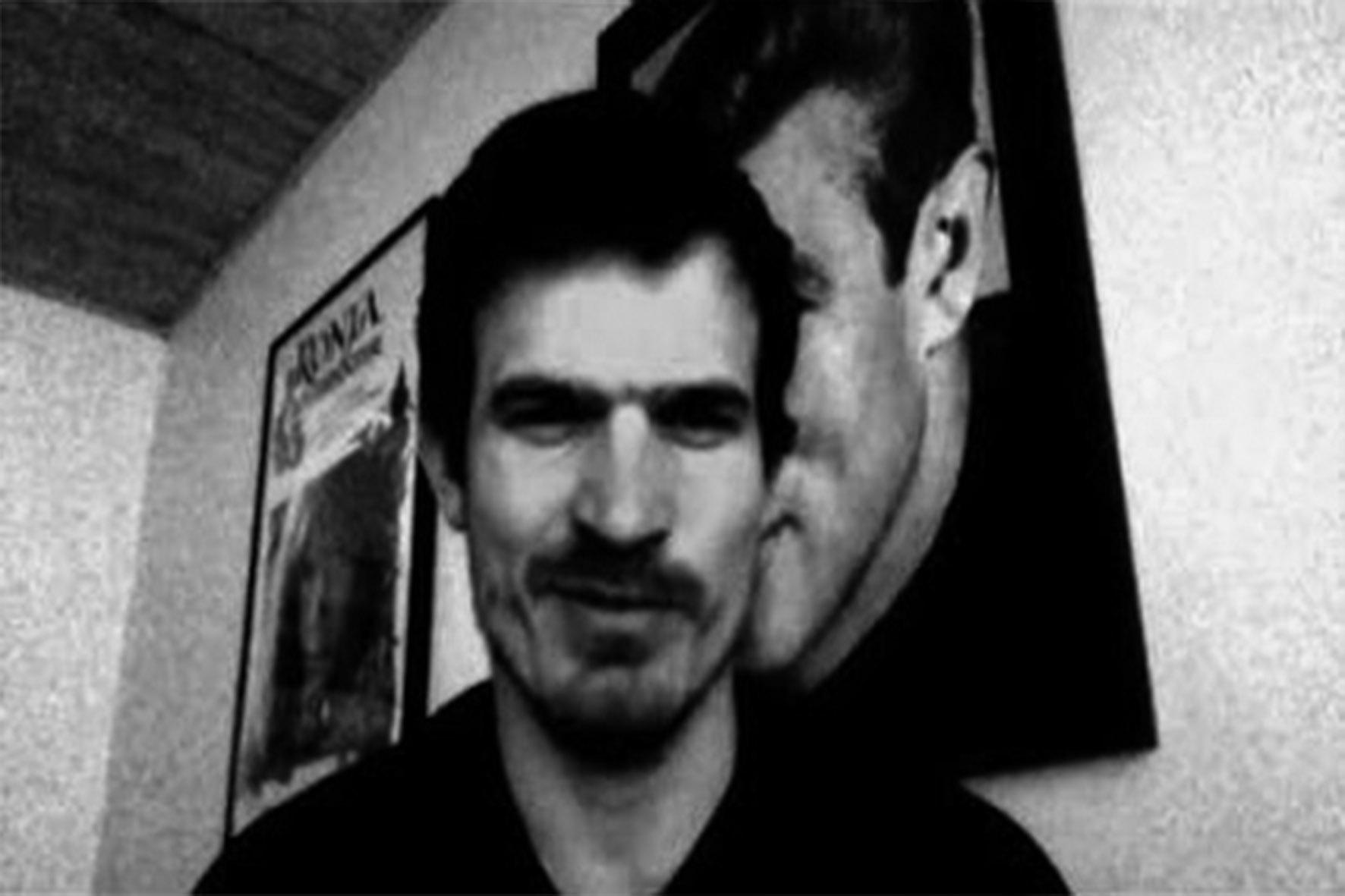In the following posts I want to go into a few things that I took away from the talks by Morgan Jarl, a Swede with long experience of designing and running games and especially LARPS. His first talks focused on using LARPs for educational purposes. You can find the presentation slides here.
Short aside: it is good to realise that there is
more to LARP than fake pointy ears and foam swords. Especially in Scandinavia there has been a development towards
different settings and more emotionally involving story lines. There is an inspiring
collection of examples from Nordic LARPs available online for free.
Megagames
and LARP
Although megagames
and LARPs are strands of the larger family of ‘real life gaming’ and that these
strands can occasionally come very close (because both focus heavily on human interaction) , there are some general distinctions
you could make between the two. LARP which lays more emphasis on immersion,
collaboration and artistic vision and such comes closer to theatre. Megagames
tend more towards hierarchy, decision making and conflict. But as said, some
megagames have come closer to mass role playing and some LARPs contain
hierarchies and conflicts.
The
different levels of immersion in the role might roughly be described in terms of role
and character. Players in megagames generally adopt a role like prime minister,
general or staff officer while in LARP they more often adopt a character, where
players find further motivation in the personal life. Again, many megagames
have personal briefings for players, or invest their personage with additional
motives during the game, and this is a generalisation.
You can try to add as much character to a game as you can, but that might not work for your purpose because...
Types of
games… and gamers
Morgan identified
four types of game, whether they were based on a narrative, on immersion, on
simulation or on the mechanics. I then realised that this might match players' preferences for types of games. Some people like story telling, others role
playing, others want to recreate and still others focus on mastering the rules
and winning.
I'm used to being on the part of the spectrum where you argue between simulation and mechanics, ie where you balance the model between the two or try to find solutions where you can retain as much of both. But one of the problems in many board and miniature wargames is that you spend your effort on that instead of immersion or narrative and it becomes empty, a pure puzzle and in a sense devoid of meaning.
This is probably why LARPs recruit easily from tabletop rpgs and megagames recruit from boardgames and miniature wargames. But both can relate closely to Ameritrash games because they combine these four elements. In can't see a megagame like Operation Market Garden gaining as enthusiastic a response from the board gaming crowd of Shut Up & Sit Down as Watch the Skies! did.
So a good thing in design is thinking about which groups you want to engage and in what way and how to write it accordingly. Do you go for one type or do you try to cater to several groups?
Game structure
As all games
have at least a few rules (if only on conduct and setting), each game needs an
introduction or briefing. After the game, it is also necessary to have a debriefing,
not only to bring all the strands back together, but also to discuss
experiences and learning.
You can do this as one cycle, but there’s also the possibility of using debriefs halfway through the game or more often to bring every player up to the same level of information or to insert new elements into the game. As an alternative you can do this between games, like in a rpg or miniature wargames campaign. But I like the idea of using this halfway feedback loop in a game.
You can do this as one cycle, but there’s also the possibility of using debriefs halfway through the game or more often to bring every player up to the same level of information or to insert new elements into the game. As an alternative you can do this between games, like in a rpg or miniature wargames campaign. But I like the idea of using this halfway feedback loop in a game.
Next up:
learning through games…














